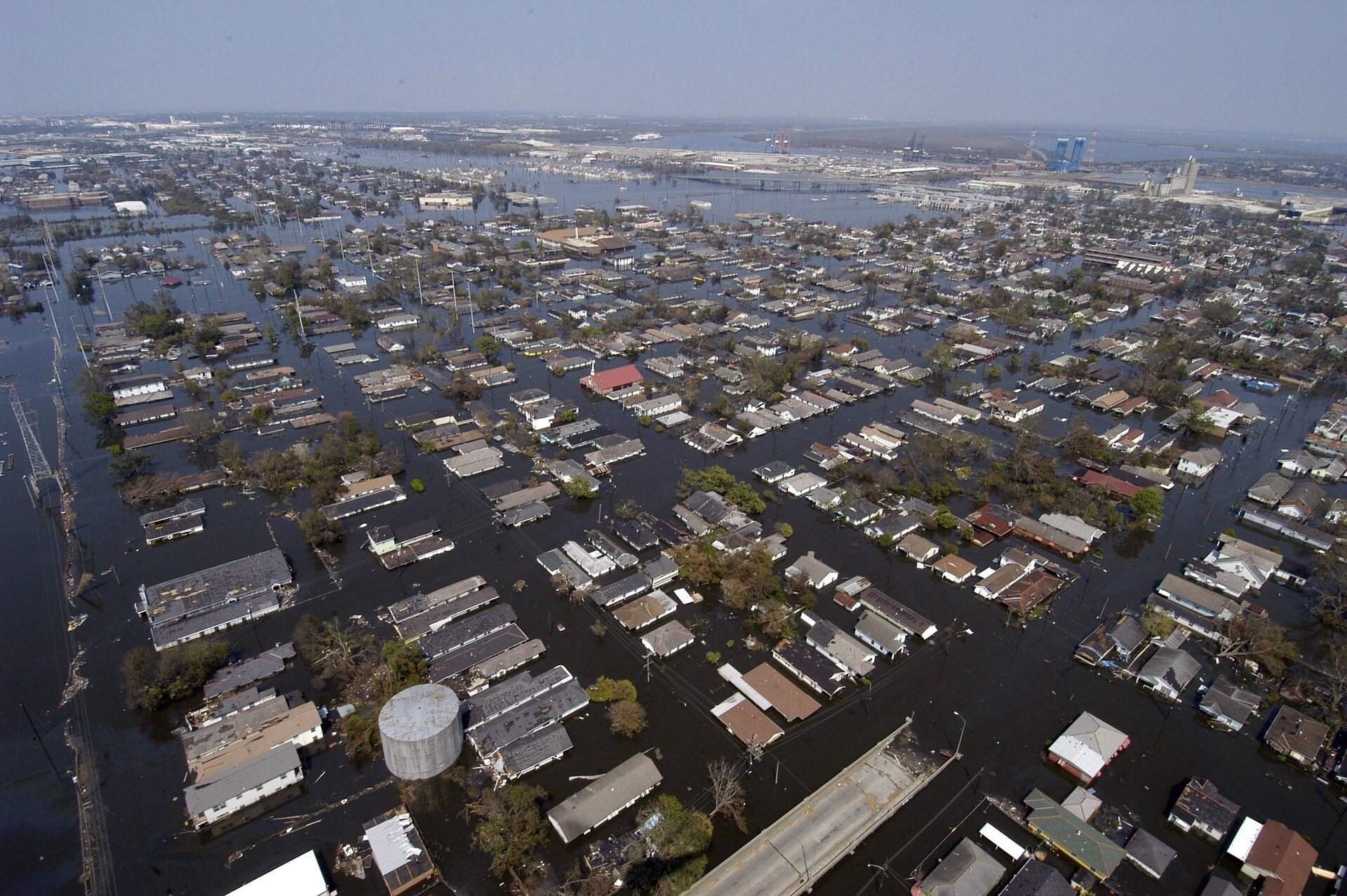The regional risks to your global business


Get involved with our crowdsourced digital platform to deliver impact at scale
Stay up to date:
Global Risks
Economic, societal and geopolitical risks to your business vary depending on where in the world you direct your focus, and they can cascade in unpredictable and interconnected ways, testing your company’s ability to stay out in front of risks that can take shape on a local or regional level.
Regional energy policies, for example, can snowball into global geopolitical and economic risks, with consequences that play out over a protracted period. Case in point: Saudi Arabia’s decision to maintain high levels of oil output within the OPEC framework has had a significant impact on the economies of Venezuela and Russia, which were already under stress due to fiscal deficits.
Recognizing the role regional risks play on the world stage, Global Risks 2015, a report from the World Economic Forum, asked respondents to list what they perceive to be the top three risks for which their region is least prepared. No two regions’ results matched (see infographic).
Evolution of regional risks
Regional variations add to the complexity of managing globally interconnected risks at a time when the risks themselves are becoming more complex and interconnected.
“By speeding up communication as well as processes, technology is the key driver of increased interconnectedness,” says Carol Fox, Director, Strategic and Enterprise Risk Practice, Risk and Insurance Management Society (RIMS). “All those connections and how things are distributed—the whole concept of a globalized world—that’s all being rethought and reassessed from a risk perspective.”
According to John Scott, Chief Risk Officer, Global Corporate, Zurich Insurance Group—a world leader in helping businesses understand and protect against risks—globalization is not just being reconsidered, but rather its underlying principles are being challenged. “The interplay between economic and geopolitical interests occurs not only in the trade arena, but in the Bretton Woods [IMF, World Bank] institutions. Coordination of macroeconomic policies helps reduce global imbalances, and supporting free-trade agreements help create global trust in the ability to trade and get paid,” Scott says. “But that’s seriously under threat at the moment, whether by the rise of regional trade agreements, or the move toward alternative regional sources of capital, such as the announcement of the new BRICS Bank and the Asian Infrastructure Investment Bank.”
Early stages of awareness
RIMS’ Fox believes that businesses are still not sufficiently aware of regional differences, though some are adapting their strategy to reduce their regional exposure. Among these strategic adaptations: More North American organizations are moving operations back home as a hedge against overseas instability.
Developing a holistic view of regional risks and their global impact on your business can be an enormous challenge, especially for smaller businesses that do not have a physical presence in the markets they serve. Analytical tools, such as Zurich’s Risk Room, which analyzes more than 70 individual risks in over 150 countries and creates easy-to-understand risk modeling, can help companies bridge that information gap. At the same time, businesses can reduce the complexity of the task by developing a thorough understanding of their business model and the potential impact global risks can have on it. Indeed, with fewer corporate layers, it can be easier for smaller firms to engage their leadership in scenario planning, using tools such as the Risk Room to play out “What if” scenarios. These approaches result in better-informed strategic decisions with regard to mitigating the impact global risks may have on your business model.
“Just because you’re a smaller business doesn’t mean you can’t develop a holistic global response,” says Zurich’s Scott. “It’s incredibly easy to use the power of the Internet to apply the same thinking to the likely impacts on your business model of, say, social unrest in Shanghai, or the consequences of underemployment in Europe. A small company can absolutely work out where global risks might impact its ability to serve customers in remote markets, or how supply chain interruption can impact their business.”
Translating your risk landscape
Steve Wilson, Chief Risk Officer, General Insurance, Zurich Insurance Group, calls creating a holistic approach to risk “very much a bespoke exercise.” Still, he notes that Zurich has methodologies (used internally, as well) that look at an enterprise’s vulnerabilities, the exposures that can cause problems, the triggers that can make those unwanted things happen and the consequences if they do occur. “It’s about translating the risk landscape into the specific areas where you’re going to be operating or are dependent upon suppliers,” Wilson says.
This type of active risk management to increase resilience is applicable to any and every business. Wilson cites a small business he knows of that uses felt to make various craft items. The firm’s three main suppliers are an English designer, a manufacturer in rural Scotland and a website manager in Egypt.
“Which of these elements is most susceptible to global risk, in these different parts of the world?” Wilson says. “If you did that exercise, you’d conclude that social unrest in the North African region is the big threat. You’d want a backup option ready for that Web designer, should they not be able to continue to operate—which shouldn’t be too tough, as there are many such designers available. If that problem happens, you can continue to run your business successfully—if you’re prepared for that moment.”
This article is published in collaboration with Zurich. Publication does not imply endorsement of views by the World Economic Forum.
To keep up with the Agenda subscribe to our weekly newsletter.
Author: Steve Wilson is a Chief Risk Officer General Insurance at Zurich Insurance Company. John Scott is a Chief Risk Officer of Global Corporate at Zurich Insurance Company.
Image: A businessman walks on the esplanade of La Defense, in the financial and business district in La Defense, west of Paris. REUTERS/Gonzalo Fuentes
Don't miss any update on this topic
Create a free account and access your personalized content collection with our latest publications and analyses.
License and Republishing
World Economic Forum articles may be republished in accordance with the Creative Commons Attribution-NonCommercial-NoDerivatives 4.0 International Public License, and in accordance with our Terms of Use.
The views expressed in this article are those of the author alone and not the World Economic Forum.
Related topics:
The Agenda Weekly
A weekly update of the most important issues driving the global agenda
You can unsubscribe at any time using the link in our emails. For more details, review our privacy policy.
More on Global RisksSee all
Gareth Byatt and Ilan Kelman
March 11, 2024
Andrea Willige
March 6, 2024
Richard Aster
November 15, 2023
Ian Shine and Rebecca Geldard
November 14, 2023
Andrea Willige
October 26, 2023
Simon Torkington
September 14, 2023






